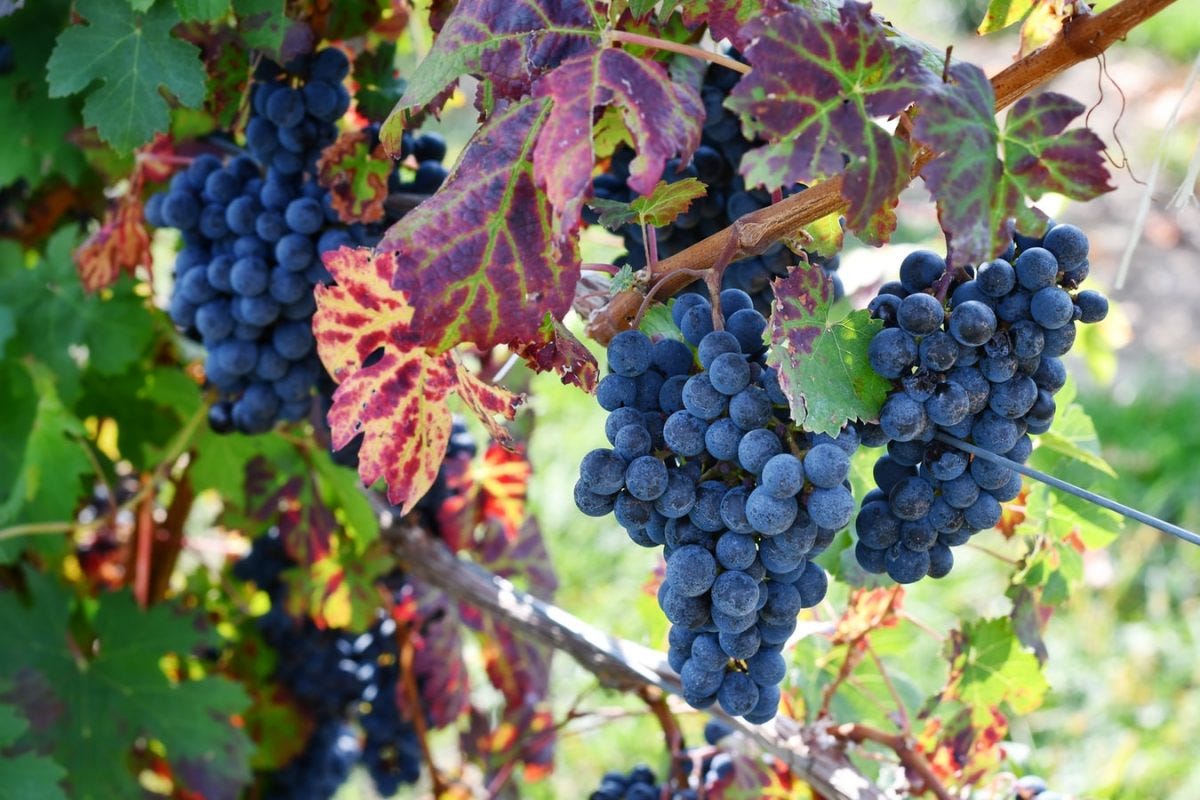The Vineyard

In Luke 20 Jesus tells the story of Israel in a parable concerning a vineyard in which the lord of the vineyard has hired tenants to tend and guard his vineyard. The lord of the vineyard created this vineyard to enjoy the wine that would be produced. The tenants were expected to cultivate this vineyard so that the lord of the vineyard might have what he wished. Jesus goes on to tell how the tenants were rebellious, beating and killing the many servants the lord sent to them. Finally, he sent his only son. The tenants believed this was their opportunity to seize the inheritance for themselves, consuming the vineyard’s produce completely upon themselves. They kill the son and cast him out of the vineyard. This, as I said, is the story of Israel killing the prophets and eventually Jesus himself.
There is much on which to focus in this parable, but the underlying imagery of the parable is intriguing. A vineyard. Why a vineyard? How does the imagery of a vineyard reflect God’s relationship with his people? How does the imagery of a vineyard tell us what God expects of us?
The imagery itself is common in Scripture when speaking about Israel. In Psalm 80 we sing that Israel is a vine that has been delivered out of Egypt and planted in the land God promised. In a song closely associated with Jesus’ parable, Isaiah relates Yahweh’s condemnation of Israel with the imagery of a vineyard (Isa 5.1-7). God’s people are to be a vineyard. The purpose of a vineyard is to produce grapes that can be crushed, turned into wine, and consumed. Wine induces joy (Ps 104.15) and rest. It can also cause one to become drunk and stagger to his own destruction (Jer 25.15; Rev 14.10; 16.19). Whatever the result of the wine might be–blessing or curse–what lies at the bottom of the imagery is that wine is consumable.
Vineyards are meant to produce in order to be consumed. So it is with the lives of God’s people. We are created to produce fruit to be consumed by others: God himself, our fellow Christians, and the world around us. The question is then, “What sort of fruit are we producing?”
In the song of Isaiah (Isa 5.1-7), God found only wild grapes that weren’t beneficial in any way. Israel had not fulfilled her purpose. She was created in order to bring joy and rest to the world for those who saw her faithfulness and followed it and condemnation to those who refused to follow it. But her unfaithfulness did neither. Consequently, God tore up his vineyard. God still expects consumable fruit from his people. Paul tells us in Galatians 5.22-23 what this fruit is: “… the fruit of the Spirit is love, joy, peace, patience, kindness, goodness, faithfulness, gentleness, self-control….” This is the fruit that we are to be producing that is to be consumed by those around us.
How do we know if we are producing these fruits? Is it a matter of my personal evaluation of my life? Not really. You can tell what people are eating by the consequences. In the same way, you can tell what people are consuming from your life by the consequences in your relationships. Are people encouraged in your presence? Is your presence joy-inducing? Or do good folks dread to see you coming, knowing that you are going to have a list of all that has gone wrong throughout your whole life, and you’re willing to share with anyone who asks, “How are you doing?” Are your friends, spouse, and/or children at rest in your presence, able to laugh and relax, or does your presence produce tension? How do the unrighteous respond to your presence? For those longing for life, are they able to consume your presence and find that life? Are those who are in open rebellion against God repulsed by your presence? Our lives are created to be and are consumed by others around us. What kind of diet are we providing?
The post The Vineyard appeared first on Kuyperian Commentary.

